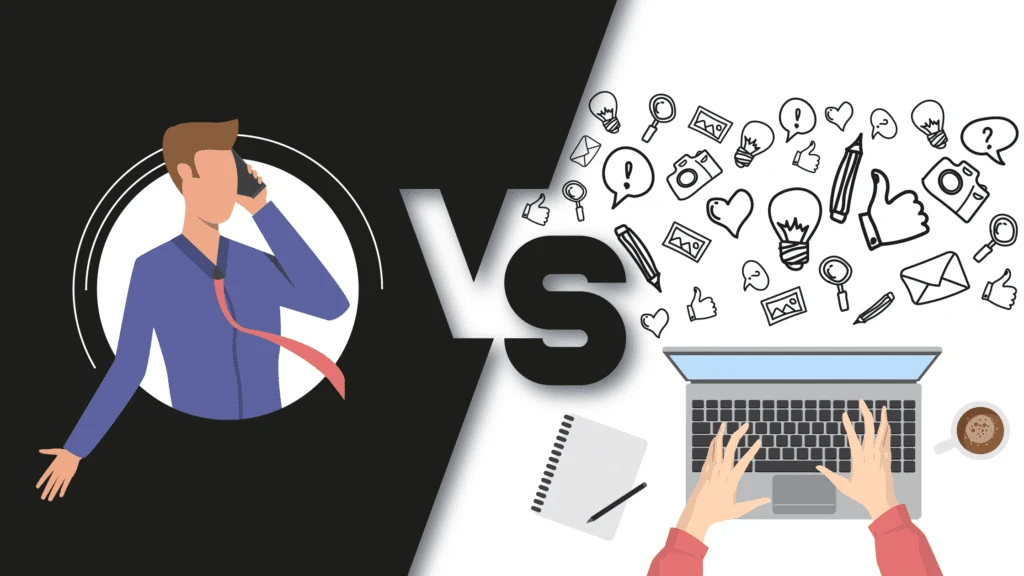
Indirect marketing is a marketing strategy that aims to attract potential customers and build brand awareness without resorting to direct advertising or clear promotional messages. This type of marketing relies on building relationships with customers by providing added value, such as educational or entertainment content, or by improving the customer experience in indirect ways.
Characteristics of indirect marketing:
1. Non-promotional orientation: It does not rely on direct promotional messages to sell products or services.
2. Relationship building: It focuses on building long-term relationships with the audience by providing value without a direct request to purchase.
3. Reliance on media: It includes the use of various media, such as entertainment or educational content, to promote the brand.
4. The power of continuity: The results appear in the long term by building trust and loyalty.
5. Integration with other strategies: It is often combined with other marketing strategies to achieve greater impact.
Benefits of indirect marketing:
1. Increase brand awareness: It helps to enhance brand awareness in a natural and non-intrusive way.
2. Build Trust: Increases customer confidence in the brand by providing real value.
3. Cost Effective: May be less expensive than direct advertising.
4. Build Loyalty: Customers feel connected to the brand that offers them additional value without pressure to buy.
Advantages of indirect marketing:
1. Less intrusive: Customers do not feel intrusive or pressured to make a purchase.
2. Shareability: Indirect content is often shareable, which helps spread the message.
3. Relationship sustainability: It strengthens customer-brand relationships over the long term.
Disadvantages of indirect marketing:
1. Time-consuming: It takes a long time to build brand awareness and reap the benefits.
2. Difficult to measure: It is difficult to measure the direct return on investment in this type of marketing.
3. May be ineffective: If the content is not engaging or valuable, it may not produce the desired results.
Modern examples of indirect marketing:
1. Content marketing: such as blogs and educational videos that provide valuable information without directly promoting the product.
2. Stories and public relations: spreading stories about the brand or its products through the media in a non-promotional way.
3. Sponsorship and partnerships: sponsoring events or partnerships with other organizations in a way that highlights the brand without direct advertising.
Indirect marketing is a long-term approach that focuses on building brand awareness and fostering trust and loyalty by providing real value without direct promotion. Although it can take longer to achieve results and its impact can be difficult to accurately measure, it has significant benefits in strengthening customer relationships in a sustainable and non-intrusive way.

20/08/2024

01/09/2024
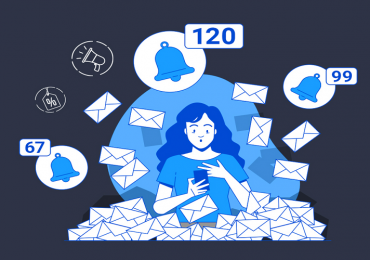
30/08/2024
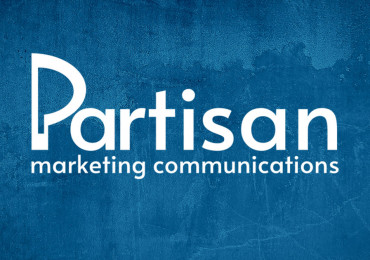
26/08/2024

26/08/2024
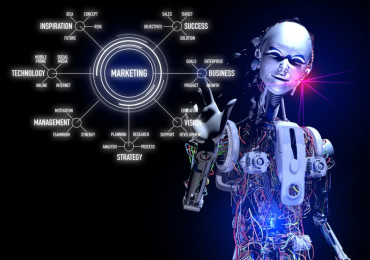
20/08/2024
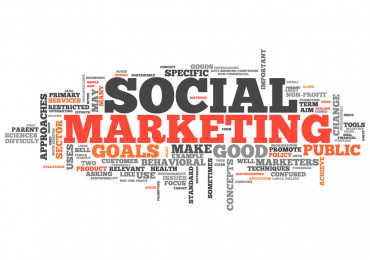
17/08/2024

14/08/2024
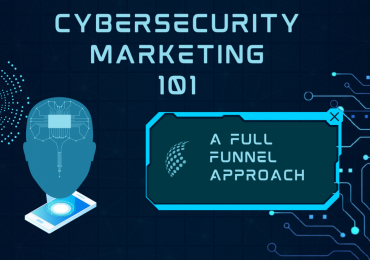
01/09/2024

18/08/2024

31/08/2024

23/08/2024

15/08/2024

31/08/2024

01/09/2024
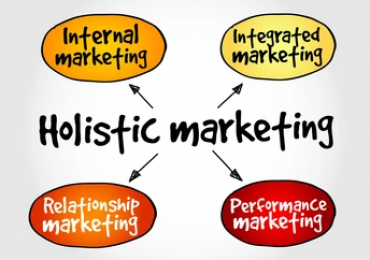
18/08/2024

18/08/2024
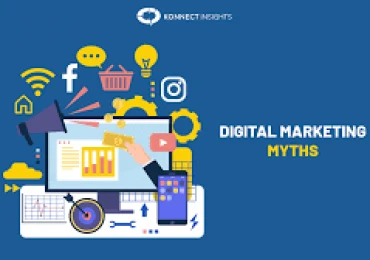
30/08/2024
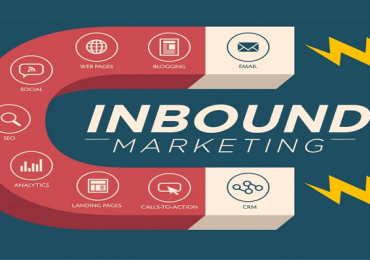
16/08/2024

31/08/2024